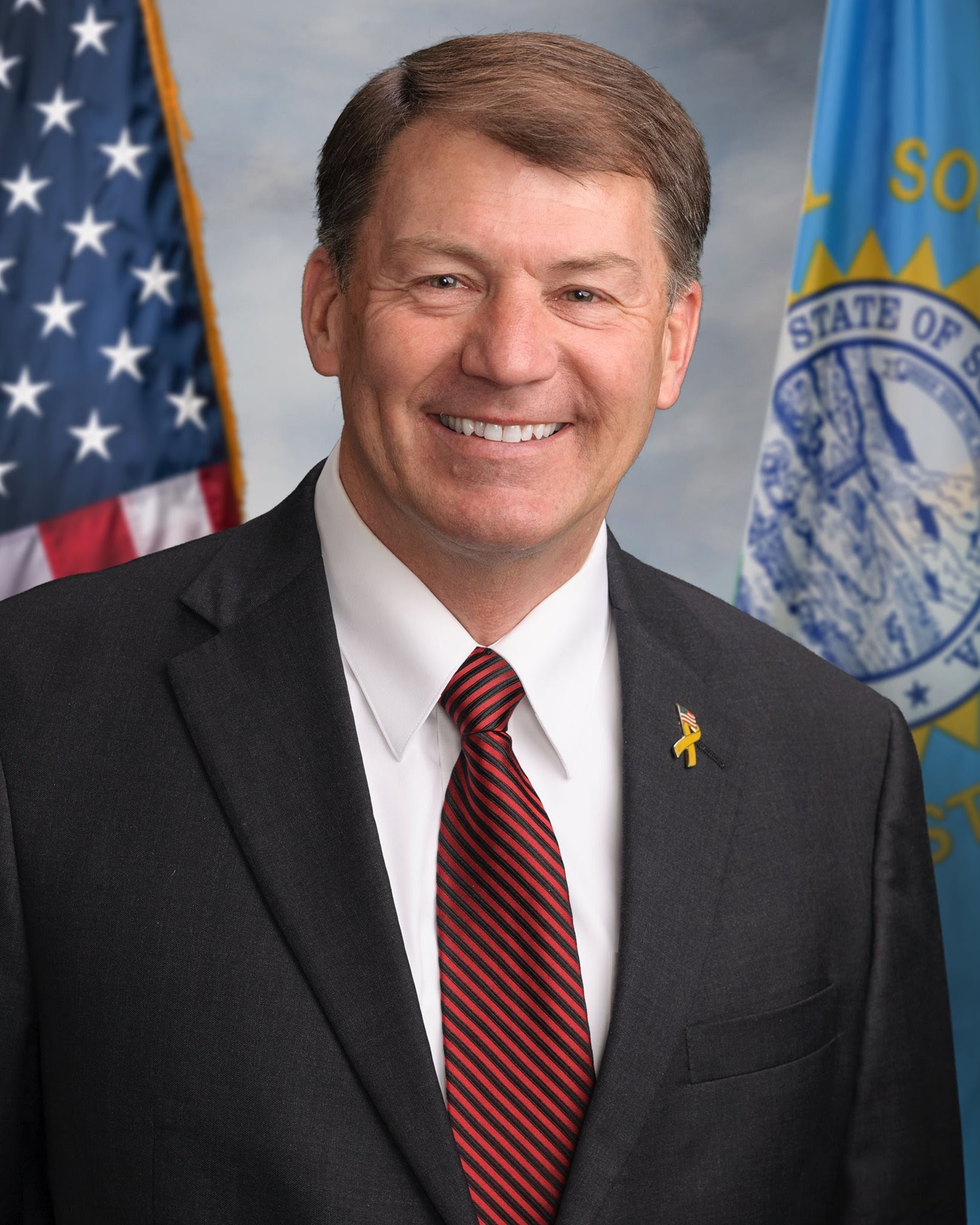artificial intelligence caucus
about the caucus
The bipartisan Senate Artificial Intelligence Caucus was formed in 2019 by U.S. Senators Martin Heinrich (D-NM) and Rob Portman (R-OH). Senator Mike Rounds (R-SD) has since taken over from Senator Portman as co-chair.
The Senate AI Caucus works to develop smart policy that balances AI’s risks and rewards to ensure the competitiveness of the U.S. economy, while maintaining important ethical standards. The AI Caucus regularly engages members and staff in conversation to understand what is happening in the broader AI domain.
Caucus Chairs

U.S. Senator Martin Heinrich (D-NM)

U.S. Senator Mike Rounds (R-SD)
Caucus Members
U.S. Senator Cory Booker (D-NJ)
U.S. Senator Mike Braun (R-IN)
U.S. Senator Chris Coons (D-DE)
U.S. Senator Joni Ernst (R-IA)
U.S. Senator Maggie Hassan (D-NH)
U.S. Senator Martin Heinrich (D-NM)
U.S. Senator John Hickenlooper (D-CO)
U.S. Senator Jon Husted (R-OH)
U.S. Senator Mark Kelly (D-AZ)
U.S. Senator Ben Ray Luján (D-NM)
U.S. Senator Cynthia Lummis (R-WY)
U.S. Senator Gary Peters (D-MI)
U.S. Senator Mitt Romney (R-UT)
U.S. Senator Jacky Rosen (D-NV)
U.S. Senator Mike Rounds (R-SD)
U.S. Senator Brian Schatz (D-HI)
U.S. Senator Todd Young (R-IN)
accomplishments
The Senate AI Caucus has had 15 bills become law since its founding in 2019, including:
- The Artificial Intelligence Initiative Act and the National AI Research Resource Task Force Act (Sections 5101-5105 and 5106 of P.L.116-283) helped launch the National AI Initiative, a whole-of-government effort to coordinate and expand AI research and development.
- The AI in Government Act (Title I of Division U of P.L.116-260) was the first bill to set rules for the government’s own use of AI to ensure its safety and trustworthiness. It also created an AI Center of Excellence within the General Services Administration (GSA) to assist federal agencies in the deployment and use of AI systems.
- The Deepfake Report Act (Section 9004 of P.L.116-283) required the Department of Homeland Security (DHS) to conduct an annual analysis to assess the threat of deepfakes by foreign and domestic entities with a focus on the ways deepfakes can be used to threaten national security.
- The AI for the Armed Forces Act (Sections 1751 and 594 of P.L.116-283) codified AI training recommendations for the military proposed by the National Security Commission on AI.